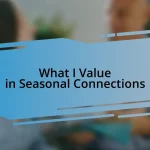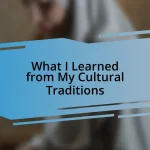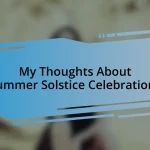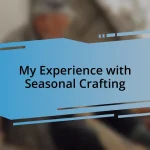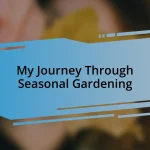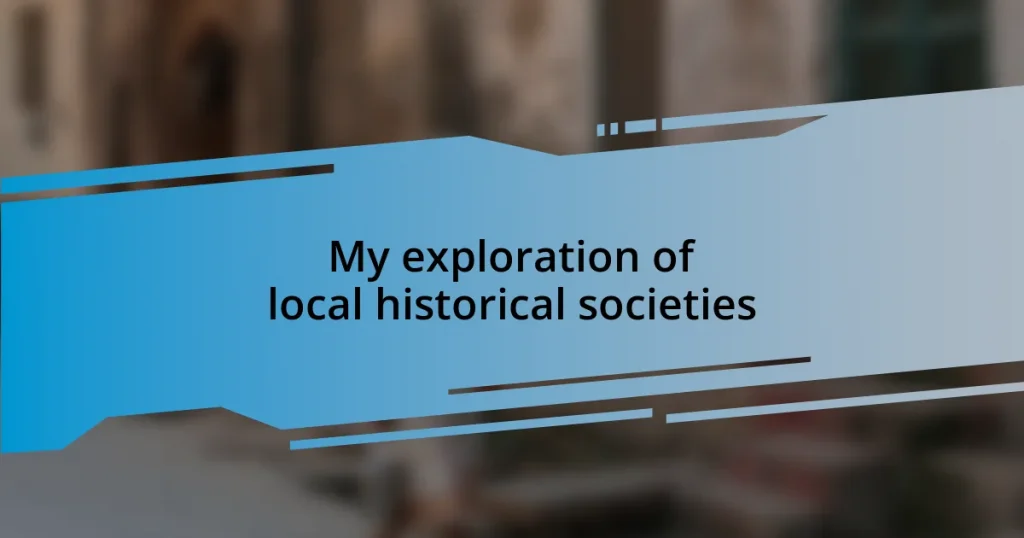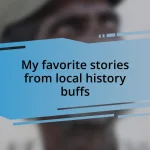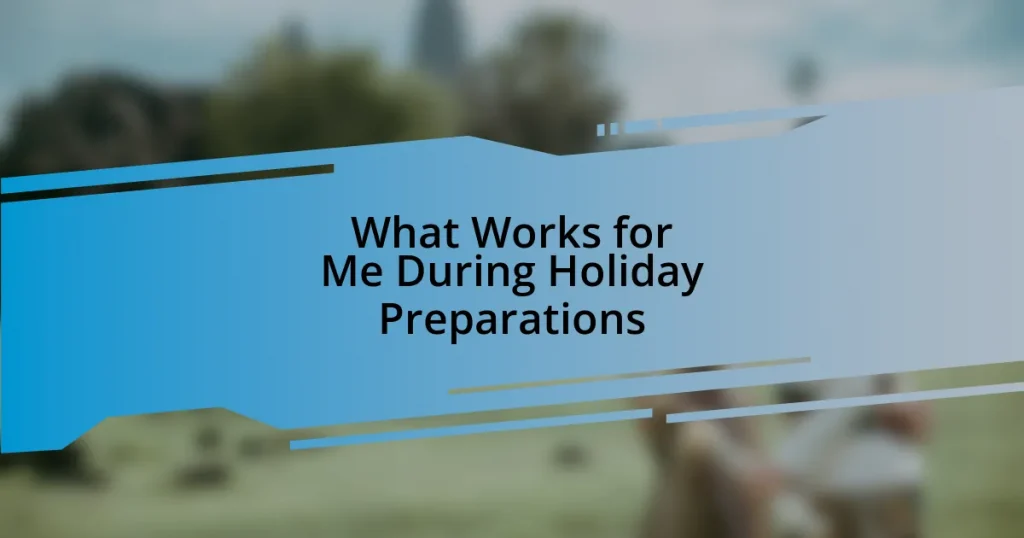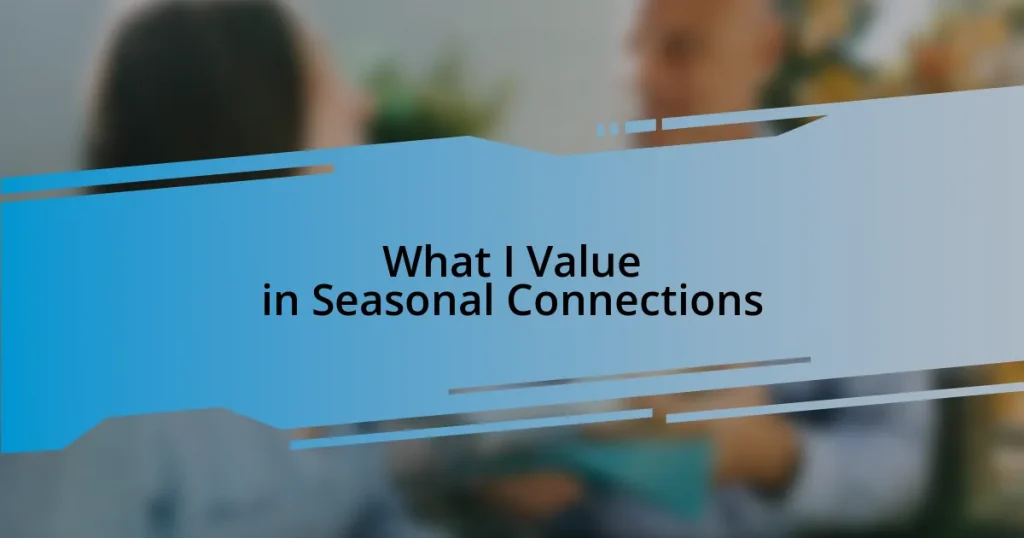Key takeaways:
- Historical societies serve as vital connectors between the past and present, allowing communities to preserve and explore their local history.
- Joining local historical societies provides opportunities for community connections, unique experiences, and access to exclusive resources that enhance historical understanding.
- Volunteering and participating in society events foster friendships and deepen engagement with local history, creating memorable experiences.
- Collaborating with museums and documenting historical findings can amplify personal narratives, enriching individual and community connections to history.
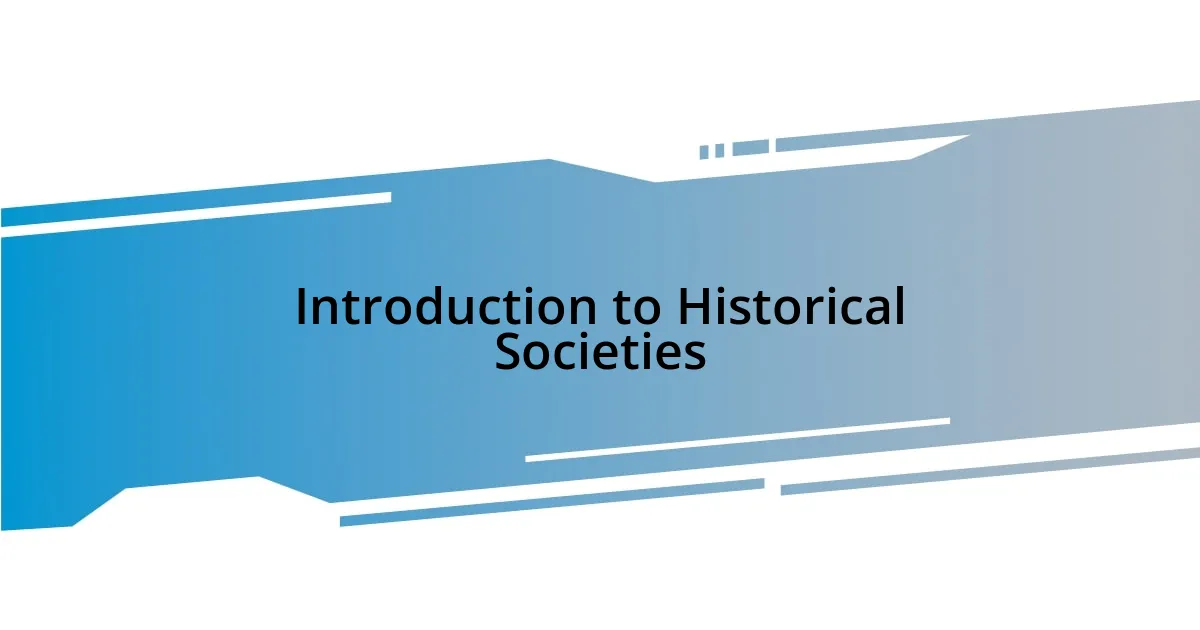
Introduction to Historical Societies
Historical societies hold a unique place in our communities, acting as stewards of our shared past. I remember my first visit to a local historical society; the moment I stepped through the door, I felt enveloped by stories of the people and events that shaped my town. Have you ever stopped to ponder how much history is right under our noses, waiting to be uncovered?
These organizations often serve as a bridge between the past and the present, connecting us to the stories that define our identities. I find it fascinating how volunteers dedicate their time to preserving artifacts or conducting research, driven by a shared passion for history. Isn’t it remarkable how a single photograph or diary can spark a deeper understanding of our roots?
Engaging with historical societies can ignite a sense of curiosity within us. I recall discovering an old journal that changed the way I viewed my town’s history, revealing narratives I never knew existed. How often do we miss these gems simply because we don’t seek them out?

Benefits of Joining Local Societies
Joining local historical societies offers a multitude of benefits that extend far beyond simply learning about the past. For instance, one of the greatest advantages is the chance to connect with like-minded individuals who share a passion for history. I vividly remember bonding over the shared excitement of uncovering forgotten local tales with fellow society members. Those friendships often extend beyond meetings, creating a sense of community that enriches both our personal lives and our collective mission.
Moreover, being a member of a local historical society often opens doors to unique opportunities. I once participated in a hands-on preservation project where we restored an old courthouse. Not only did I learn valuable skills, but I also gained a profound appreciation for the craftsmanship of the past. Have you ever had the thrill of holding history in your hands? It’s a feeling I can’t describe, and I believe it’s one of the utmost rewards of active involvement.
Additionally, local societies frequently offer exclusive access to historical resources and events that can enhance your knowledge and understanding. I attended a private lecture featuring a historian who brought new insights into my community’s heritage. The experience was enlightening and ignited a deeper passion for exploration that I hadn’t anticipated. Can you imagine the richness that comes from such engagements? The blend of learning and networking transforms your experience from merely observing history to actively participating in it.
| Benefit | Description |
|---|---|
| Community Connection | Meet like-minded individuals who share your passion for history. |
| Unique Opportunities | Participate in hands-on projects, gaining skills and appreciation for historical preservation. |
| Exclusive Access | Enjoy lectures and events that deepen your understanding of local heritage. |
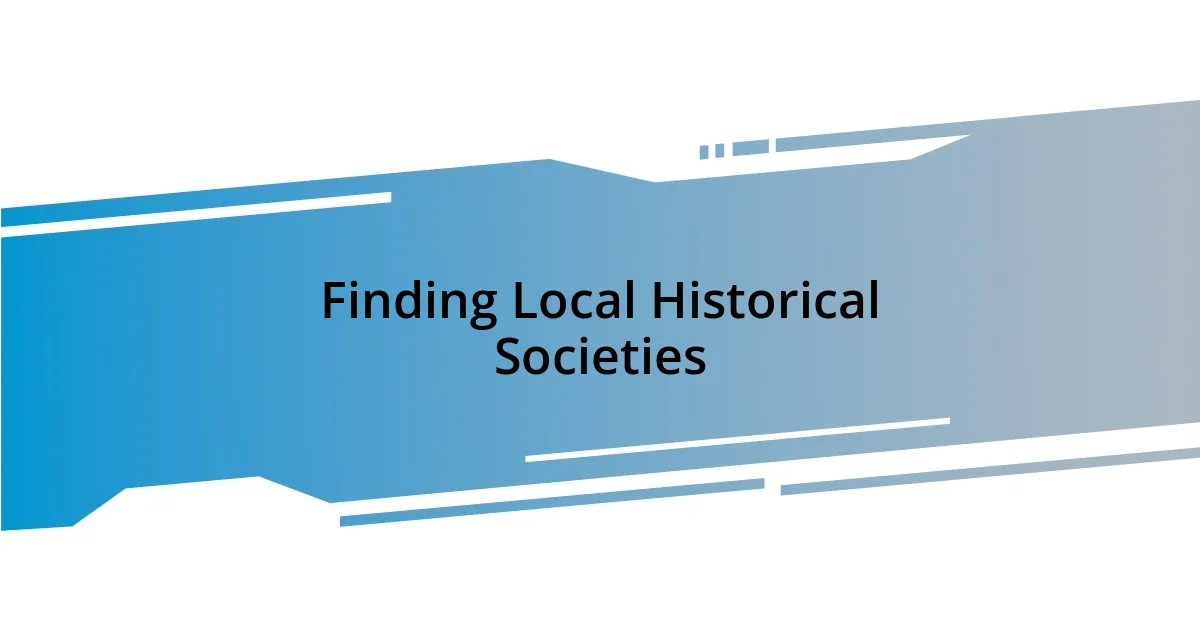
Finding Local Historical Societies
Finding local historical societies often requires a bit of curiosity and initiative. Start by reaching out to your local library or city hall; they usually have information on nearby societies. I remember in my own search, a librarian pointed me to a small society focused on preserving the history of local industry, and that led to some incredible discoveries about my town’s past. It’s rewarding to unearth connections you never knew existed, so don’t hesitate to ask questions.
Here are a few strategies to help you find local historical societies:
– Online Searches: Use search engines or social media to look up societies in your area. Many have websites or pages that detail their missions and activities.
– Community Boards: Check local bulletin boards in cafes, libraries, or community centers; societies often post events or meetings.
– Heritage Events: Attend local fairs, parades, or heritage days; societies often have booths or displays.
– Networking: Join local discussion groups or forums online; members can often recommend societies.
– Local Universities: Reach out to history departments; they may collaborate with local societies and could point you in the right direction.
Finding where these societies gather can sometimes feel like a treasure hunt, but the rewards, like discovering old photographs or talking with passionate members, are well worth the effort. I recall walking into a dusty basement archive for the first time, the musty smell of old paper enveloping me, and my heart raced with excitement. This feeling, of stepping into the past, is something I hope everyone gets to experience.

Participating in Society Events
Attending society events is where the magic truly happens. I remember my first local historical reenactment—it felt like stepping into a time machine. Surrounded by people dressed in period attire, I could almost hear the echoes of the past. Isn’t it incredible how such experiences can transport us?
Beyond the excitement, these events offer an opportunity to engage directly with local history. Participating in workshops or guided tours not only deepens your understanding but also allows for hands-on experiences that can be transformative. I participated in a walking tour of our town that highlighted significant landmarks. The guide’s stories brought those sites to life, making history not just a subject to study, but a vibrant narrative to feel and witness. Have you ever felt a rush of connection to your community while uncovering its hidden stories?
Moreover, society events are a great way to meet those who are just as enthusiastic about history as you are. I remember attending a potluck dinner hosted by the society, where we shared personal stories and local lore over delicious homemade dishes. Bonding over shared interests fosters friendships that turn your involvement into a fulfilling journey. Have you found your tribe through such gatherings? If not, I encourage you to explore and join in—these interactions can become some of the most cherished moments in your journey through history.

Volunteering Opportunities in Societies
Volunteering with local historical societies offers a unique way to engage with the past while making a meaningful contribution. I vividly remember the first time I signed up to help at a society’s annual history fair. As I set up tables and organized artifacts, I felt a sense of pride knowing I was playing a part in sharing our community’s history. Have you ever experienced a moment where you felt connected to the fabric of your community? That’s what volunteering can do for you.
The variety of roles available is astonishing. From archives and research to event planning and educational outreach, there’s something for everyone. I found joy in cataloging old photographs, piecing together stories behind each image. It was like being a detective, uncovering snippets of lives lived long ago. Wouldn’t it be fascinating to delve into these stories and preserve them for future generations?
Additionally, the relationships you build while volunteering can be incredibly enriching. I recall sharing lunch with a retired history teacher; his insights about our town’s past were captivating and sparked new passions in me. This is a powerful reminder: engaging with a community of like-minded individuals can deepen your own understanding and appreciation of local history. So, why not take that first step and reach out? You might just find a place where your heart feels at home.
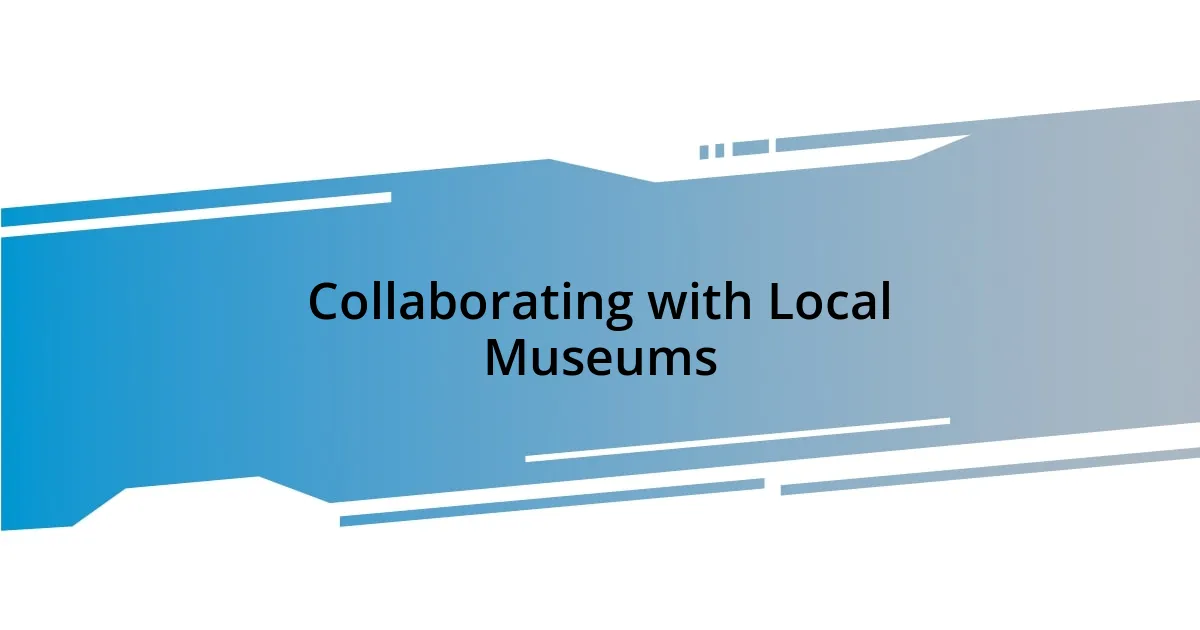
Collaborating with Local Museums
Collaborating with local museums can open up remarkable avenues for sharing and preserving history. I remember the excitement I felt when I first partnered with a nearby museum for a community exhibit. The thrill of curating artifacts and stories with their staff was invigorating. Have you ever felt that surge of excitement when you’re part of something bigger than yourself? It’s truly a rewarding experience.
The collaborative process allows for innovative projects that can breathe life into historical narratives. During one project, we organized local storytelling sessions at the museum, where community members shared their own historical experiences. Witnessing these voices come alive in a public space made history feel personal and immediate. It’s amazing how collaboration can amplify voices and create new connections, isn’t it?
Moreover, working with museums fosters a sense of shared responsibility for preserving our local heritage. I’ve seen how this partnership encourages the community to take pride in its roots and history. Just the other day, a young girl told me how she discovered her great-grandfather’s old tools displayed at the museum. Her smile lit up the room, showcasing the profound impact these collaborations can have on individual lives. That’s the beauty of connecting history with personal narratives—it becomes a tapestry woven from many threads, each telling its own story.
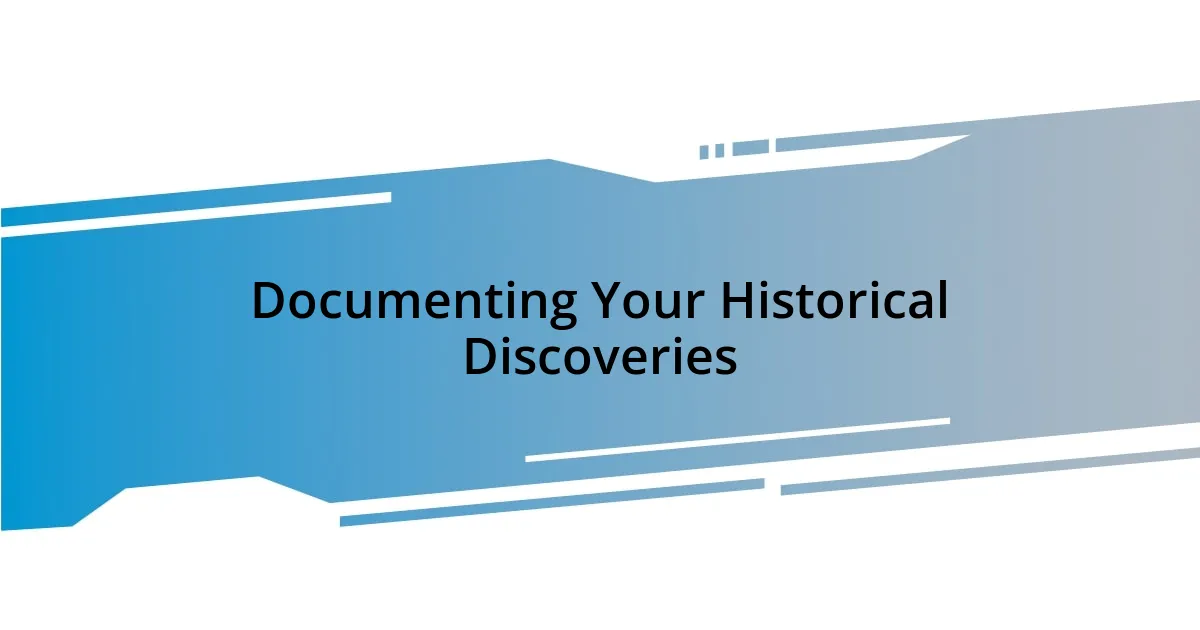
Documenting Your Historical Discoveries
Documenting historical discoveries is an art that I believe can enrich our understanding of the past. When I stumbled upon a dusty box of letters in my attic, I felt as if I had uncovered a treasure trove. Each correspondence revealed snippets of my family’s history, stirring emotions I hadn’t anticipated. Isn’t it fascinating how a simple letter can connect us to lives once lived? I found joy in transcribing and organizing them, allowing their meanings to take shape in my mind.
Keeping a journal or creating digital archives can also enhance our exploration. I’ve started a blog where I share my findings, weaving personal stories with historical context. It has transformed my discoveries into a narrative that not only documents facts but also captures the emotions behind them. Have you ever considered how technology can help you tell a richer story? By using platforms to share my journey, I’ve even connected with fellow enthusiasts who inspire new paths of inquiry.
Sometimes, I find that photographs can be powerful documentation tools. After volunteering to digitize an old photo album for a local society, I experienced a wave of nostalgia as I scanned each image. Each snapshot represented a moment in time, a lens into history waiting to be understood. What stories could those faces tell? I realized that providing context for these images could breathe life into forgotten memories, making them relevant for current and future generations. Each discovery, whether written or visual, offers a unique opportunity to weave together the threads of our past.



